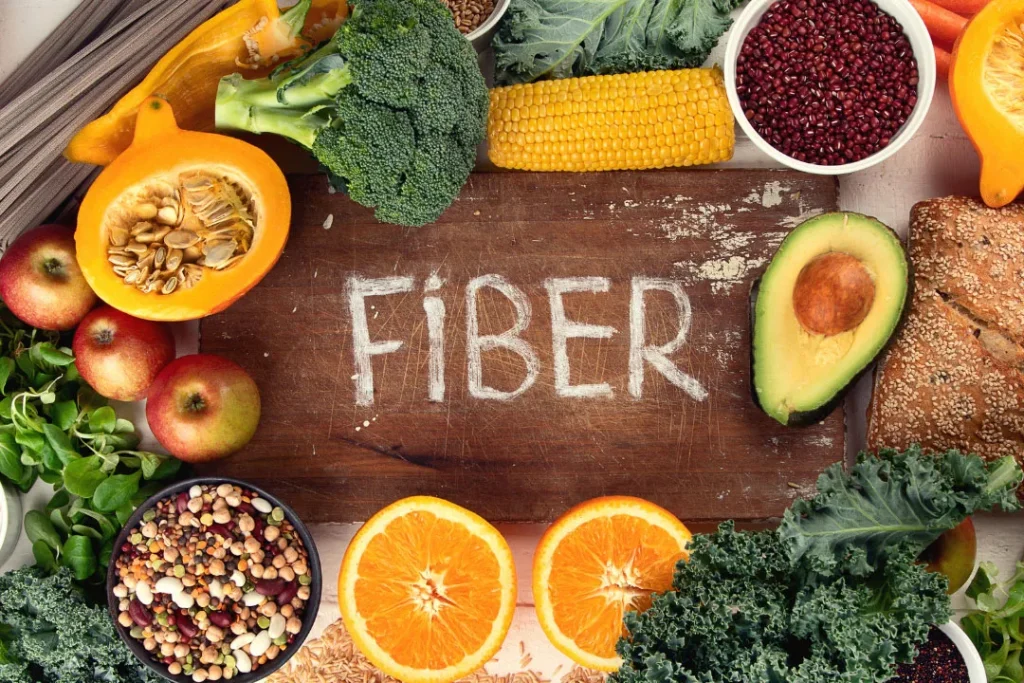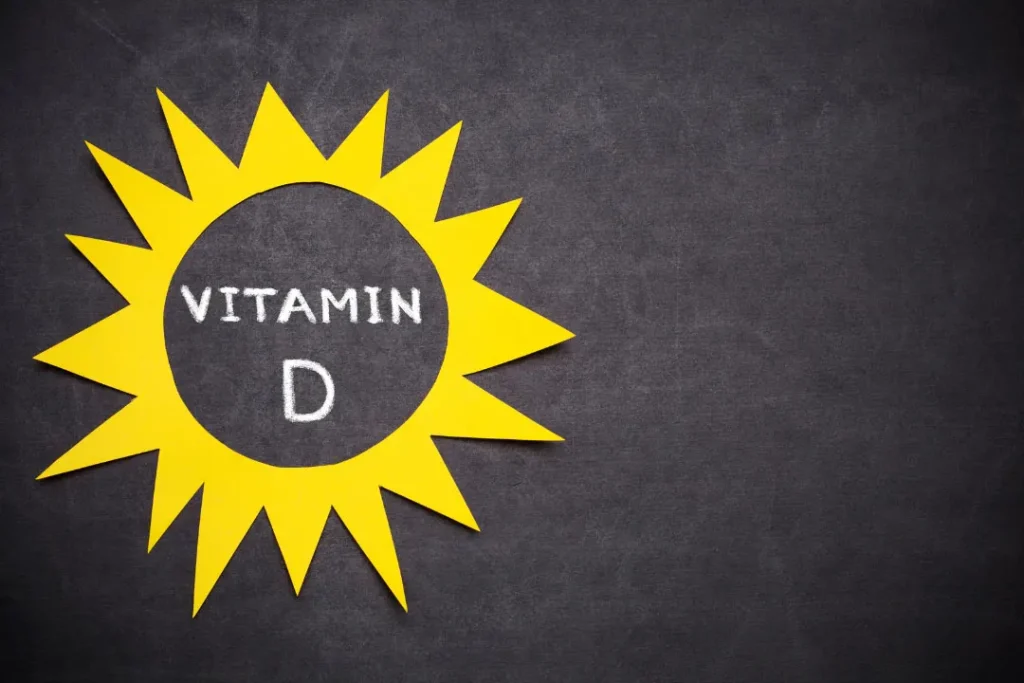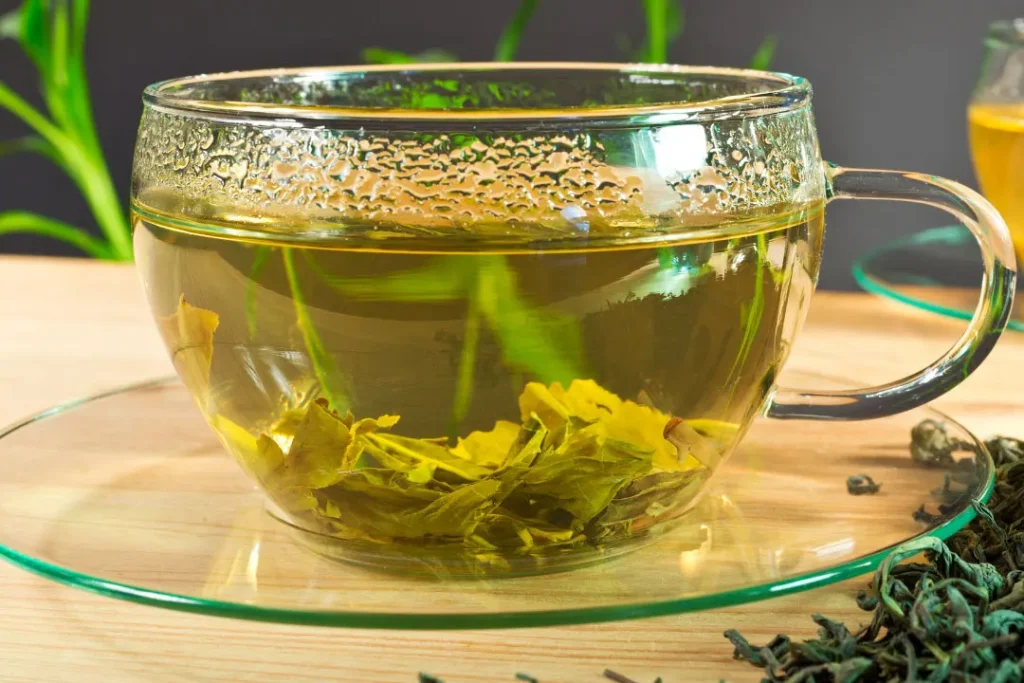An uncommon plant found all over the world called chickweed (Stellaria media), is a nutritional and therapeutic powerhouse. Chickweed is a member of the Caryophyllaceae family, and its intrinsic qualities are sometimes disregarded in favor of more widely used plants. Scientific research on chickweed has shown promise in several health areas, which enhances its position in being used as a conventional and alternative medicine.
You May Also Like:
The Best Supplements for Memory and Brain Fog: 5 Top Brands Reviewed
Finding the Best Supplements for Brain Fog After COVID: 5 Top Brands Reviewed
Nature
Chickweed is a small plant with white, tiny blooms, bright green leaves, and a spreading growth pattern. Its versatility and tenacity allow chickweed to thrive in a variety of conditions. The leaves, stems, blossoms, and seeds of the plant are edible fresh and cooked.
Chickweed is a nutrient-rich food that contains a wide range of vitamins, including those in the A, B (especially B6 and B12), C, and D complexes. There are also minerals in chickweed like calcium, magnesium, potassium, and iron. Chickweed has a strong profile of antioxidants and bioactive substances. These include flavonoids, triterpenoids, and phenolic compounds. It also offers sufficient levels of fiber and protein.

Health Benefits
The diverse nutritional composition of chickweed supports its many health advantages. Its prospective involvement in weight control is perhaps the most noteworthy. According to research in the Journal of Ethnopharmacology, chickweed has a lipase-inhibitory property that can help reduce obesity (1). Certain substances in chickweed suppresses lipase, an enzyme that lowers the absorption of dietary fats. The abundance of antioxidants in chickweed add to its anti-inflammatory qualities. The production of pro-inflammatory cytokines, which are linked to many chronic illnesses, can be decreased by flavonoids and phenolic compounds (2). These substances can reduce oxidative stress, prevent age-related illnesses, and enhance general immune function.
Recent studies have also shown that chickweed may have anti-cancer capabilities. In early laboratory experiments (3), its triterpenoid saponins showed lethal effects on cancer cells. For validation, this field needs more extensive investigation.


Chemistry of Chickweed
Chickweed has many beneficial qualities that come from its extensive structure , which includes a variety of substances that give it its nutritional and therapeutic abilities .
Flavonoids are a group of secondary plant metabolites that are present in chickweed. They are linked to the plant’s defenses against certain illnesses. Kaempferol and quercetin are two flavonoids in chickweed (1).
The plant also contains triterpenoid saponins and phenolic chemicals, which are strong antioxidants. Saponins are phytochemicals that have shown positive impacts on our health, such as decreasing cholesterol and having anti-cancer and immune-boosting properties. Ruscogenin (2) is the name of chickweed’s main saponin.
Additionally, Chickweed has a good source of minerals in it including calcium, magnesium, potassium, and iron as well as vitamins like A, B , C, and D.


Physiological Properties of Chickweed
The chemicals in chickweed and their physiological properties are responsible for the plant’s health advantages.
Chickweed’s lipase-inhibitory activities , mostly attribute to its saponins, and is crucial for weight control (3). Chickweed lowers the body’s absorption of fat by blocking pancreatic lipase. A reduction in body weight can result from this inhibition.
Chickweed has phenolic and flavonoid components that support its anti-inflammatory and antioxidant properties . They reduce oxidative stress and inflammation by neutralizing dangerous toxins in the body. These substances slow the development of certain chronic inflammatory illnesses by reducing the production of pro-inflammatory cytokines (4).
Laboratory tests have shown that the triterpenoid saponins in chickweed have cytotoxic effects on certain cancer cells (5). Although the specific process is yet unknown, it is believed that they cause these cells to undergo apoptosis, or programmed cell death. More research is required to fully understand and confirm this anti-cancer effect in people.


Optimal Dosage and Consumption
Chickweed can be a useful supplement to our diet due to its rich nutritional value . The suggested dose, like with any natural supplement, is dependent on multiple variables, including your age, sex, general health , and if you have any particular medical disorders. Generally, , it is safe to consume up to 2-3 cups of chickweed tea per day or around 2.5–5 grams of dried chickweed as a supplement (4).
Common ways to consume chickweed include cooking it, adding it to salads, or using it in tinctures and teas. Additionally, topical lotions and pills of chickweed are also readily accessible. No matter the approach, it is recommended that you begin with a small dose and then gradually raise it while monitoring any side effects.


Potential Side Effects
Despite the benefits of chickweed, it’s important that you are aware of any negative consequences. Although most of us take chickweed well, it can sometimes result in allergic responses including rash, itching, or breathing difficulties. Excessive consumption can cause nausea, vomiting, or diarrhea.
Chickweed may interact with drugs like diuretics or anti-hypertensives (5). Additionally, owing to the anticoagulant qualities of chickweed, you should use caution if you are on blood-thinning medications. (6).
As with any dietary supplement, you should speak to your doctor before using chickweed, especially if you have underlying medical issues, or are pregnant or nursing. Chickweed is sometimes also know as stellaria media. It has shown a variety of nutritional and medicinal potential, transcending its basic botanical qualities . It has the potential to prevent cancer, as well as help with weight control and inflammation reduction. This highlights its positive effects it can have on your health. However, further investigation is required to fully understand the plant’s potential. To ensure safe and effective usage, caution must also be made to adhere to dose guidelines and any negative side effects.


Potential Substance Interactions with Chickweed
The pharmacological traits of chickweed may be a factor in possible drug interactions. Notably, chickweed has diuretic qualities, which means it could interfere with your body’s electrolyte and water balance (1). This could affect how certain drugs work, including diuretics like furosemide and hydrochlorothiazide. Also, anti-hypertensives like lisinopril and amlodipine. In rare situations, enhanced diuretic effects might cause electrolyte imbalances or dehydration.
Additionally, chickweed can have anticoagulant properties (2). This may raise your risk of bleeding if you use it with blood-thinning medicines like warfarin, heparin, or antiplatelet drugs. Therefore, if you are taking any of these drugs, you should use caution and speak with your doctor before beginning chickweed.
Best Responsible Use of Chickweed
To achieve the greatest benefits and reduce any possible hazards while using chickweed, it is crucial that you follow ethical standards. Here are some pointers for using chickweed effectively:
- Consultation with Healthcare Provider: It’s important that you speak with your healthcare professional before using any supplement, including chickweed, especially if you have underlying medical concerns, are taking medication, are pregnant, or if you are nursing.
- Adhering to Dosage Recommendations: Chickweed is typically safe to consume, however following dosage guidelines is essential. A typical recommendation is to consume 2.5–5 grams of dried chickweed as a supplement, or 2-3 cups of chickweed tea each day (3). Consequences from excessive consumption may include gastrointestinal distress.
- Pay Attention to Your Body: Begin with a small dosage and gradually raise it while paying close attention to how your body responds. It is advised to stop using it and get medical help if you experience any side effects.
- Quality Matters: To guarantee you’re obtaining a chickweed product devoid of impurities and adulterants, be sure to get it from reliable suppliers.
- Diverse Consumption Methods: There are many ways to include chickweed in your diet, such as in teas, salads, or cooked foods.
Chickweed:
Conclusion
Chickweed can be very beneficial to your health, especially when it comes to managing your weight. What makes this supplement unique is that you can add it to almost anything like salads, tea, or even cooked meals. However, it is still considered to be a natural drug substance, so make sure you consult your doctor before trying it, especially if you have any pre-exisiting medical conditions. It is entirely safe to consume, but it is still reccomended to start in small incriments when you first start. Check with your doctor if chickweed is something you think you can benefit from!
References:
- Triterpenoid saponins from Stellaria media and their cytotoxic activity. Retrieved from: https://pubs.acs.org/doi/10.1021/np50098a003
- Polyphenols, dietary sources and bioavailability. Retrieved from: https://www.researchgate.net/publication/5930081_Polyphenols_dietary_sources_and_bioavailability
- As a library, NLM provides access to scientific literature. Inclusion in an NLM database does not imply endorsement of, or agreement with, the contents by NLM or the National Institutes of Health.Retrieved from:https://www.ncbi.nlm.nih.gov/pmc/articles/PMC7284062/
Important Note: The information contained in this article is for general informational purposes only, and should not be construed as health or medical advice, nor is it intended to diagnose, prevent, treat, or cure any disease or health condition. Before embarking on any diet, fitness regimen, or program of nutritional supplementation, it is advisable to consult your healthcare professional in order to determine its safety and probable efficacy in terms of your individual state of health.
Regarding Nutritional Supplements Or Other Non-Prescription Health Products: If any nutritional supplements or other non-prescription health products are mentioned in the foregoing article, any claims or statements made about them have not been evaluated by the U.S. Food and Drug Administration, and such nutritional supplements or other health products are not intended to diagnose, treat, cure, or prevent any disease.
